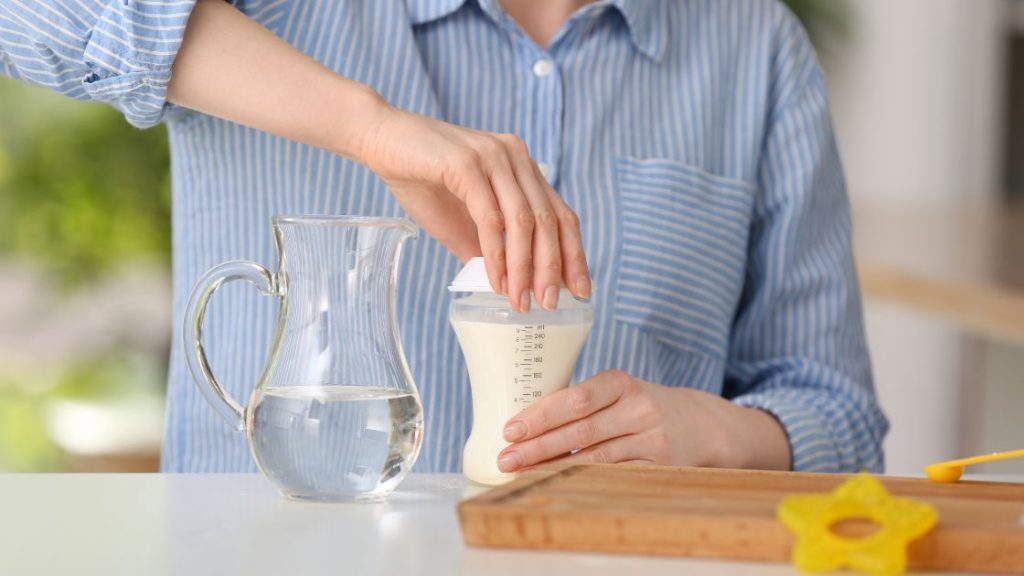Your infant's immune system is not as robust as an adult's. For this reason, bottles, teats, and any other feeding apparatus must be sterilized before each feeding.
Choosing the right and safe water when making baby formula is essential. Improperly mixing baby formula or choosing unsafe water will cause the baby to have colic, not absorb enough nutrition and face many other problems with the digestive tract and the baby's development.
There are many water choices for parents to make the formula. If you make infant formula at home, your baby can drink tap water. For formula, you might also need to use boiled or bottled water.
However, what type of water can you use for baby formula? To help you consider the best kind of water, we will also provide the ultimate guide to water for baby formula recommended by experts.
Some Types Of Water
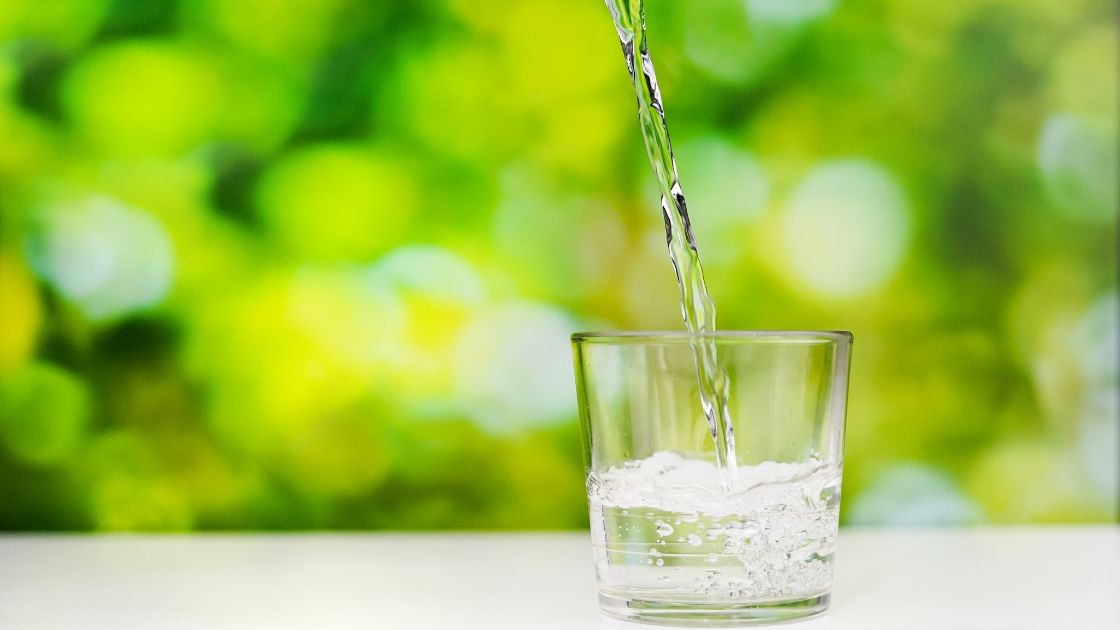
There are up to nine types of water, but most caregivers often use those five kinds of water.
Parents can use tap, spring, distilled, filtered, or purified water to make baby formula.
Tap water is affordable and ubiquitous.
Spring water has many beneficial minerals and is easy to buy from stores.
Distilled water and purified water are better choices for tap water if you can not find a clean water source.
Filtered water is fresh and free of toxins.
When choosing which one to use, there are various things to consider.
What you should know about the many forms of water is listed below.
Tap Water
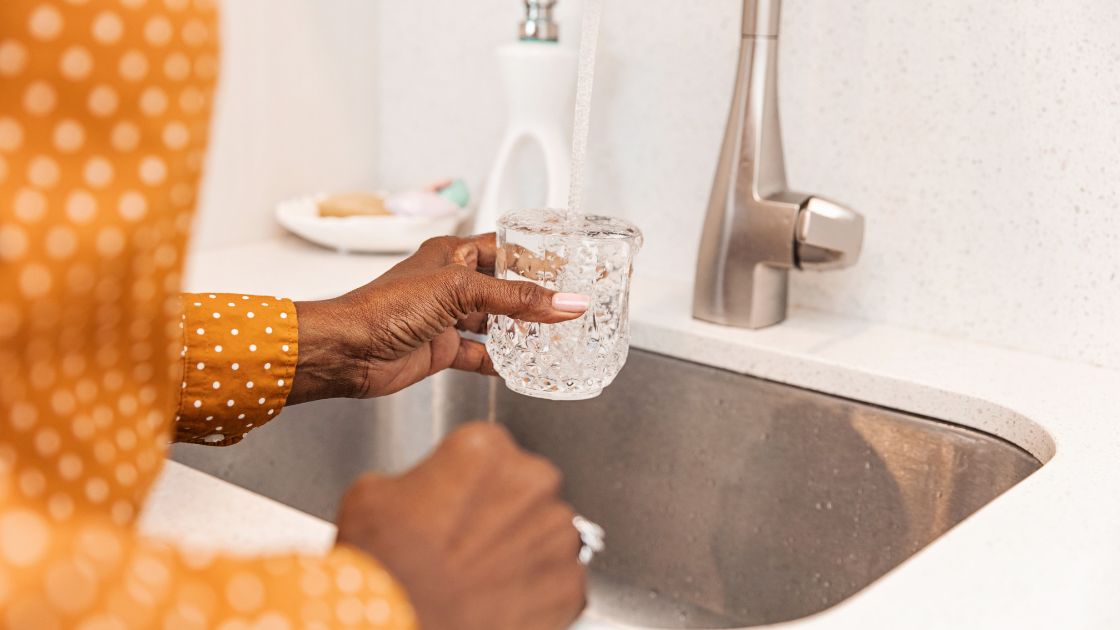
Tap water is a piped water supply used for various purposes, including flushing public restrooms, running out of kitchen sinks, and cleaning dishwasher glassware.
Benefits
Drawbacks
Spring Water
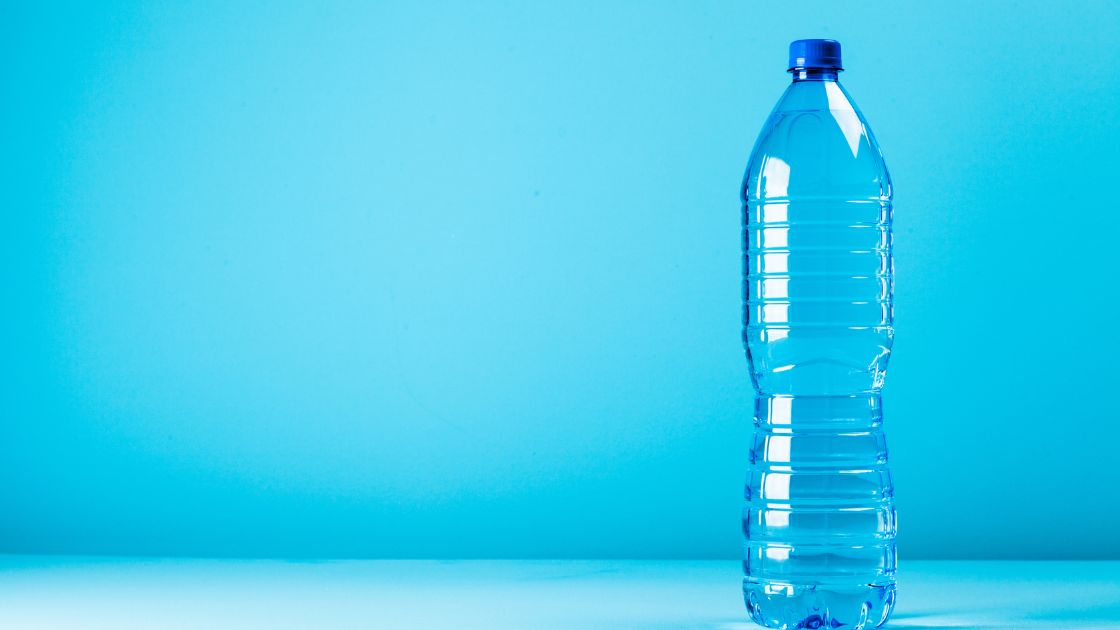
Some bottled water varieties, such as spring or glacier waters, claim that the water bottles are from the spring or glacier where they originated.
Benefits
Drawbacks
Distilled Water
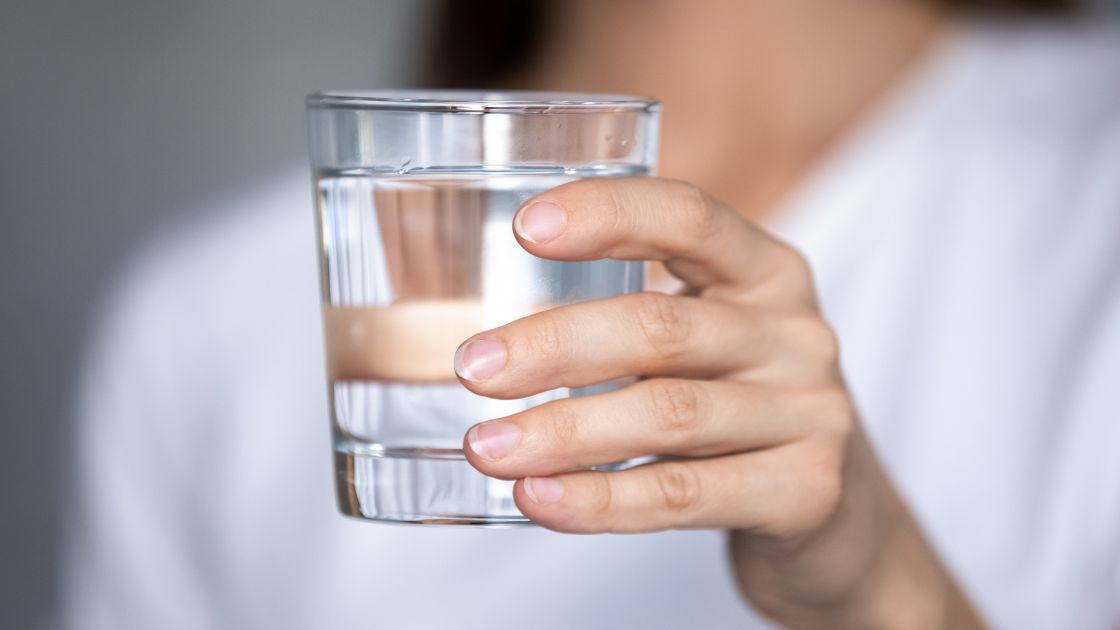
Water heated until a gas formed, then cooled until it returned to a liquid state, known as distilled water.
Mommies can use it to make baby formula due to its low fluoride content. Distilled water protects infants from developing tooth enamel and gum issues.
Otherwise, even electrolytes like potassium and other essential elements are missing from distilled water.
Benefits
Drawbacks
Filtered Water
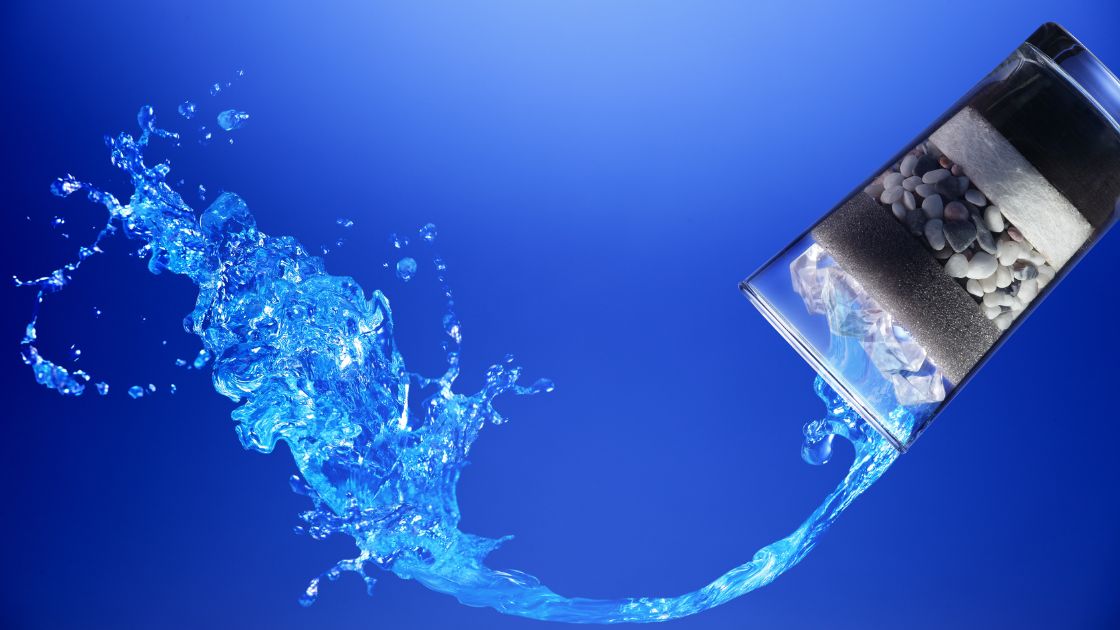
You are most likely to discover filtered water in a grocery store.
Filtered is usually made from tap water from a municipal facility, which is then put through carbon filters to get the chlorine out (which enhances the taste), and occasionally a micron filter. After that, people will put the water into a filter, ozonate, and then pack it.
Benefits
Drawbacks
Purified Water
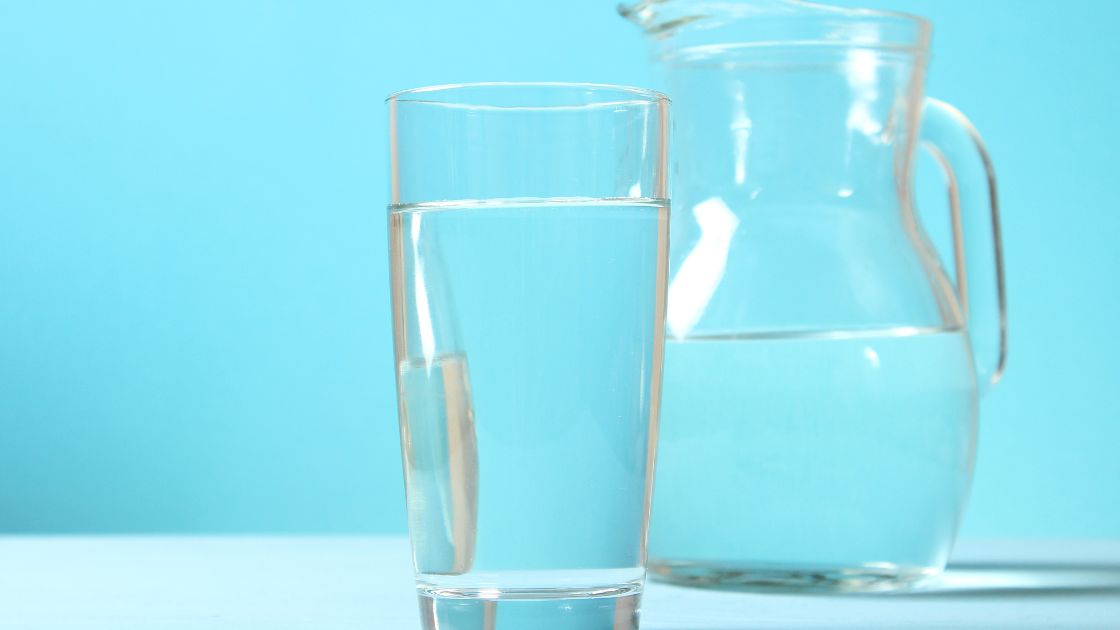
Water treated to remove hazardous elements like bacteria, fungi, and parasites is tap or groundwater.
So, it is safe to assume that consuming it will be risk-free.
Benefits
Drawbacks
What Type Of Water Can You Use For Baby Formula?
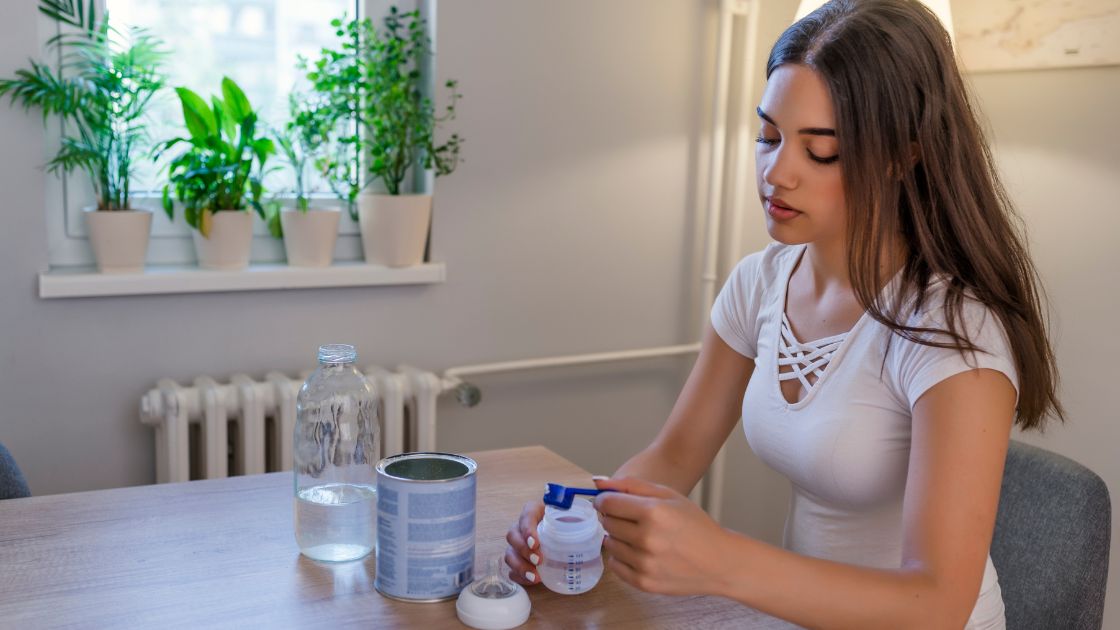
According to Mayo Clinic, to produce liquid-concentrate or powdered formula, you can use any clean water, including tap and bottled water. Consult your baby's doctor or the company that provides your water if you have concerns about the quality of the water. On-demand, you can use many municipal water systems to test the water.
Filtered Water: Is it safe to give baby filtered water?
If you like, you can offer your baby filtered water, but make sure you do so by the manufacturer's recommendations. Keep filtered water in the refrigerator since the filtering process removes some of the compounds used to keep tap water fresh, like chlorine.
Is Brita Filtered Water Ok For Baby Formula?
Yes. It is safe to use Brita filtered water with baby formula. Make careful you boil the water correctly after filtering it. Using any filter will not make the filtration process completely safe for infants. So before utilizing it for the formula, the water needs to be heated to a boil and cooled.
Can you use filtered sink water for formula?
Absolutely. Providing your infants are older than six months, boiling filtered sink water is not required. Speak to your baby's pediatrician or your water supplier if you have concerns about the quality of your water supply.
Should We Boil Water For Sanitation?
In short, yes.
Heating the water is a safe way to drink it if you do not have access to safe bottled water. Mommies can boil water to reduce pathogenic bacteria, viruses, and parasites.
Pouring heated water from one container to another and let it rest for a few hours. Sprinkle a pinch of salt for every quart or liter of water will help to improve its bland flavor (optional).
Guidelines On Preparing Milk For Infants
You took great care while selecting the infant formula for your child, but are you correctly preparing it? Follow these procedures to maintain optimal nutrition and clear of food-related illnesses.
Determine best-before date
Look for a "use by" or expiration date on the formula container. Avoid purchasing or using expired baby formula.
Clean your hands
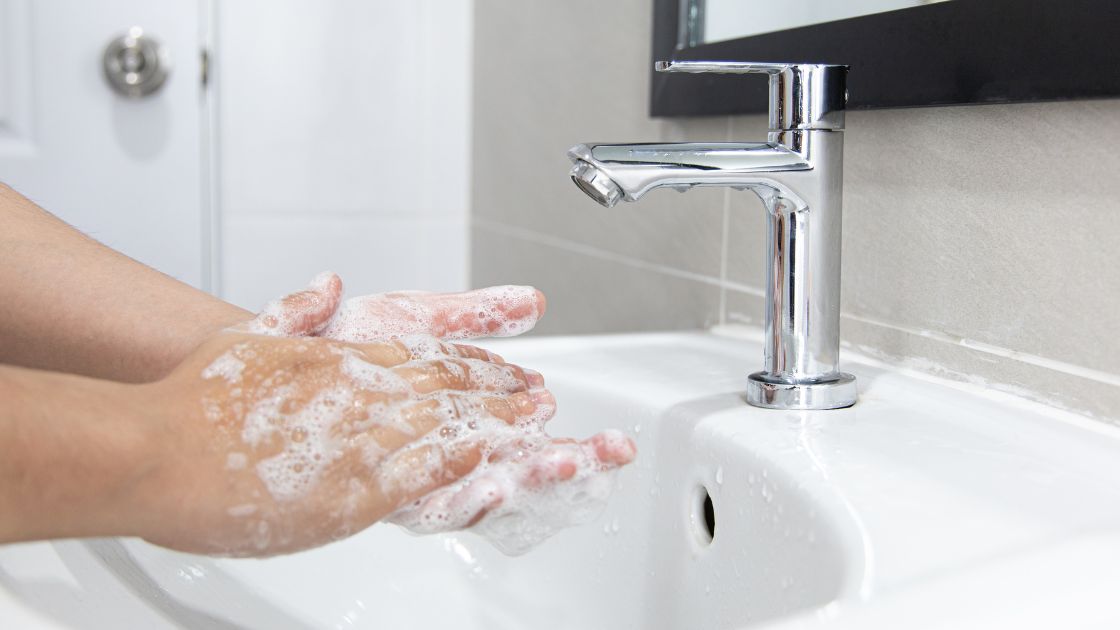
Clean your hands well with soap and water before preparing the milk. Make sure the area is tidy before you begin to prepare the milk.
Get your bottle ready
Before being used for the first time, caregivers should sanitize bottles, nipples, caps, and rings.
Mommies should use a stand-alone electric steam sterilizer, microwave steam, and boil all the accessories in water for five minutes.
You do not have to sterilize bottles and accessories often after the initial use. Use soap and hot water to wash these things. You can clean nooks and crannies by using bottles and nipple brushes. Also possible is the dishwasher.
Therefore, you might consider continuing to sanitize feeding supplies if your infant is under three months old, preterm, or has a weakened immune system.
Measure
Measure the water and formula you add with accuracy. The formula might not satisfy your baby's nutritional demands if too much water is in it. Your baby could become dehydrated if you give them insufficient water.
Add water
You must add water if you are using a liquid-concentrate or powdered product. Observe the manufacturer's recommendations regarding water usage.
Warm the solution if necessary
You can feed your infant formula that is either room temperature or even chilly. If your baby likes warm formula, reheat the bottle under running water or set it in a dish of warm water.
Apply some drops to the back of your hand to check the temperature. The mixture should not feel hot but rather lukewarm.
Avoid microwave bottles to reheat them. Uneven heating of the formula could result in hot areas that could burn your baby's mouth.
After you feed your baby for one hour, discard any residual formula after each feeding.
Once caregivers have finished using a bottle to feed the baby, resist the desire to put it in the refrigerator because the bacteria from their mouths might continue to grow there.
Safely store baby formula
Any new formula from a recently opened container of ready-to-use formula should be covered and stored in the refrigerator. It would be best if you threw the formula kept for longer than 48 hours.
When preparing and filling many liquid-concentrate or powdered formula bottles simultaneously, carry out the following actions:
Indicate the date you prepare the formula on the label of each bottle.
Keep the extra bottles cold until you require them.
Parents should throw any prepared formula in the fridge for longer than a day.
If you are unsure if a bottle or container of baby formula is secure, discard it.
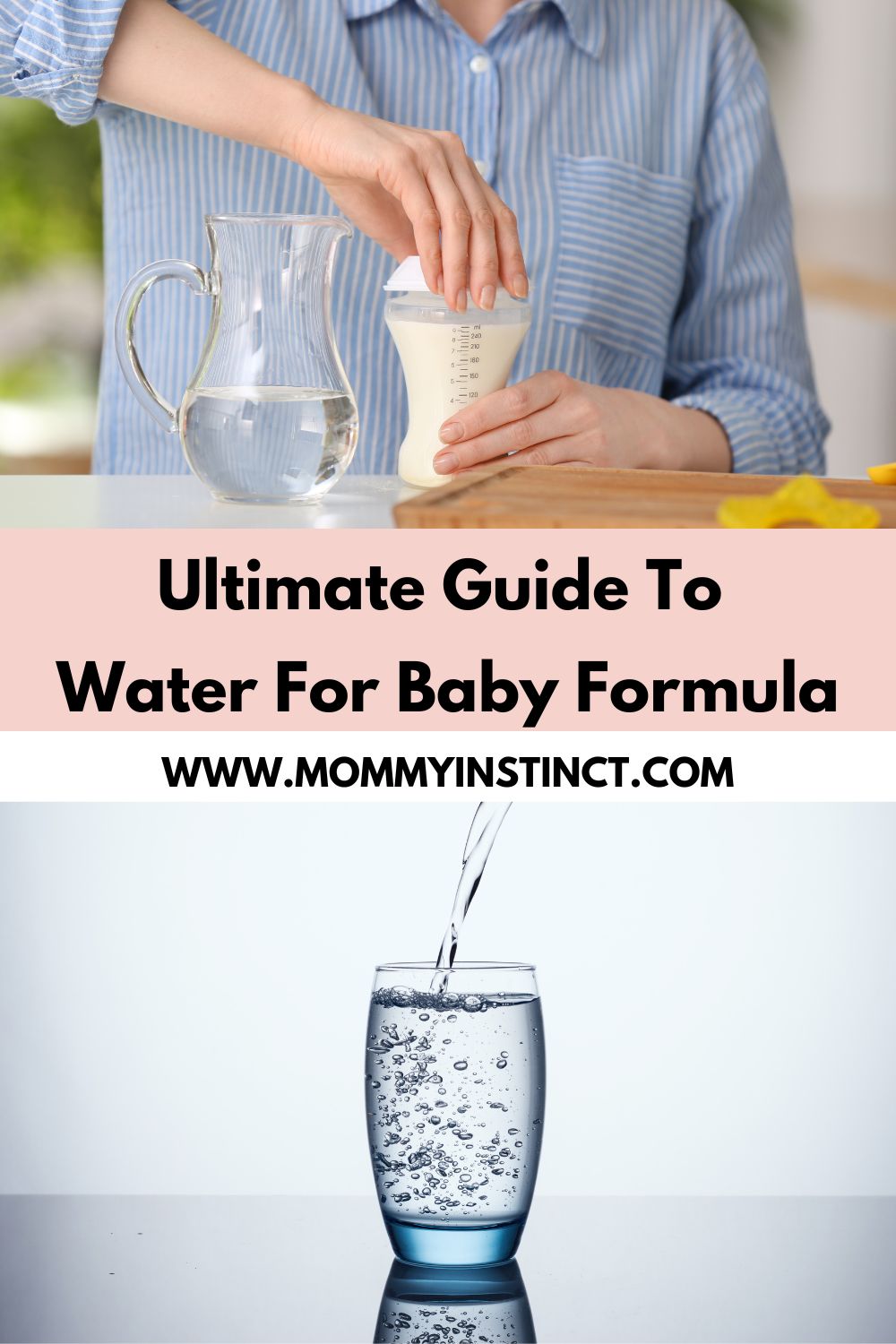
Conclusion
Based on your conditions, you will make different choices on how to choose the right kind of water.
To summarize, ensure your kids are at least six months old to consume the formula.
To answer the question, what type of water can you use for baby formula? Any water that passes the water system test is safe enough to use, so you can choose the water that fits your needs.
Before starting, wash your hand and the bottle for sanitation. Do not forget to measure the formula and keep it for too long (more than 48 hours).
It is optional to do this, but boil the bottle if you want to sanitize the formula.

